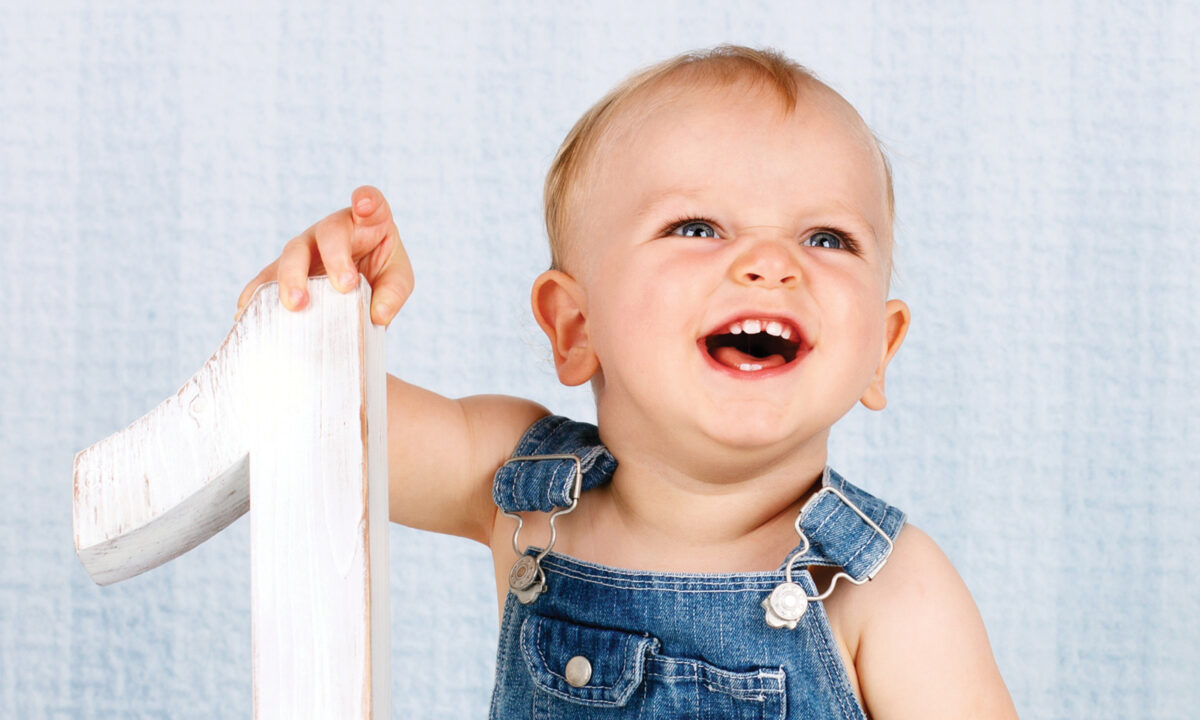First Birthdays
A child’s first birthday is always one that parents remember. Many times, parents go all out for that birthday. There will be a lot of family and friends that the child may not be familiar with, new sights and sounds, possibly a new environment, and a new schedule. That is a lot for a one year old to take in. A parent seeing their child crying more or being clingier may make them wonder what is happening. This is supposed to be a party after all. There are a few things to keep in mind when planning and hosting your child’s first birthday to reduce meltdowns.
1. Be mindful of who–and the number of people–you plan to invite to the party. Parents want to share the momentous occasion with as many people as possible, even people their child may not be familiar with. This can lead to your child feeling overwhelmed. Having your child’s grandparents and one or two friends they may have regular playdates with can be sufficient. Other friends and family your child is not around regularly could video chat or see your child on a different day. This can help to reduce the stress your child may experience by being introduced to a lot of unknown people all at once. Remember, between 9-18 months old, children can experience fear of new people.
2. Ensure the party fits with your child’s eating and nap routine. Children thrive on routine, and when it is disrupted, it can create a stressful situation for them. Let’s say your child’s routine is going to the park between 10-11:30 a.m., snack is at 11 a.m., and nap time is at noon. Having the party at the park starting at 10 a.m. and ending at 11:30 a.m., and with the snack being a small birthday cake at 11 a.m. would work. Keeping your child’s nap time at noon continues their routine and can reduce the stress they may experience.
3. Pay attention to your child’s responses to sensory input. Even at one years old, children give clues to what sensory input they like and don’t like. This is also called their sensory profile. For example, if your child covers their ears, shakes their head “no,” or tries to avoid loud noises, these are clues they do not like it. If they smile and giggle when there is a loud noise, or look in the direction of the noise without distress, they may be letting you know they enjoy it. This can let you know if you should have loud noises at their first birthday party, whether that is singing the birthday song or having loud music.
Your child’s first birthday is always a special occasion, but it can be filled with stress for your child and you. Limiting the number of people that are invited, scheduling the party around your child’s eating and nap routine, and being aware of your child’s responses to sensory input can make their first birthday an enjoyable event for all. Happy birthday!


